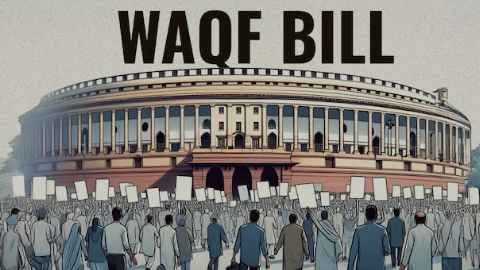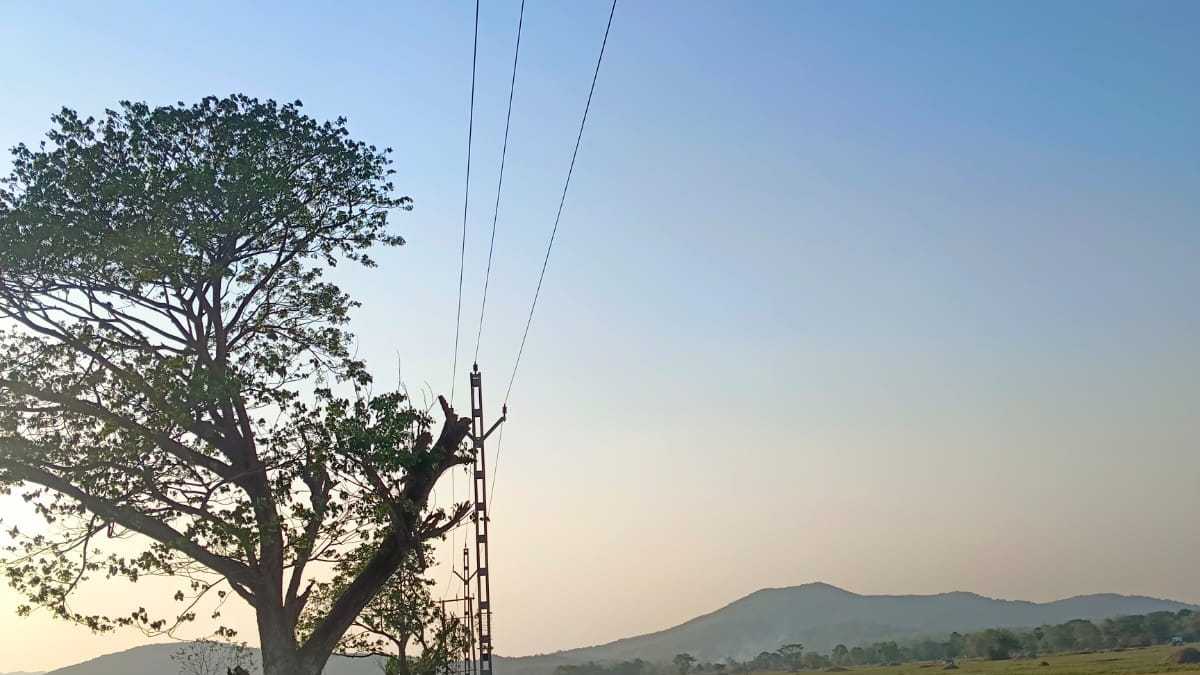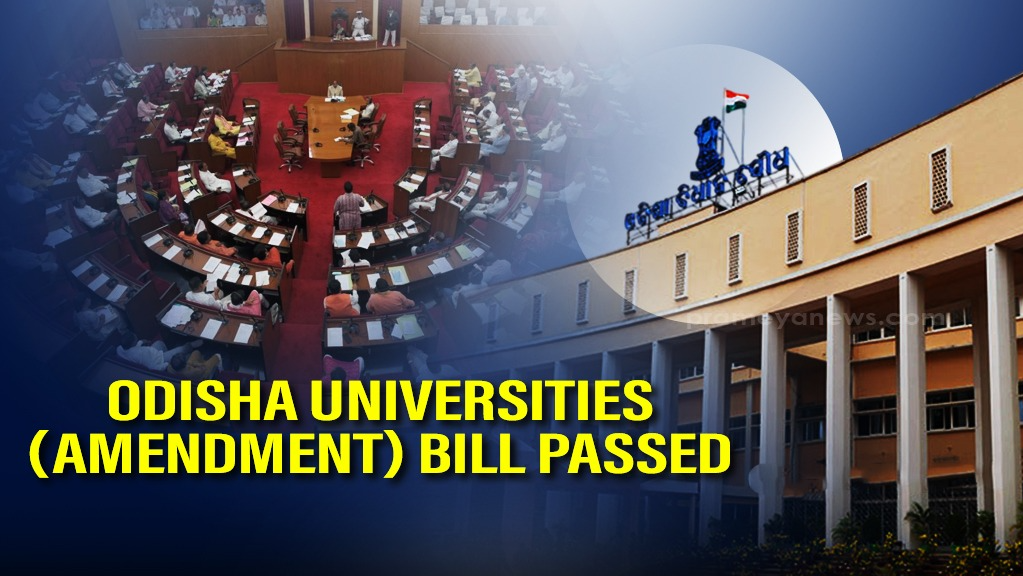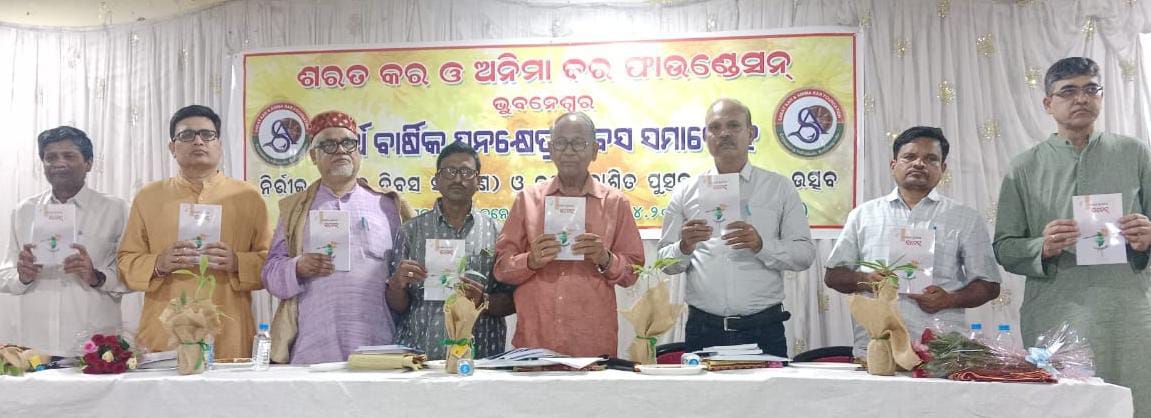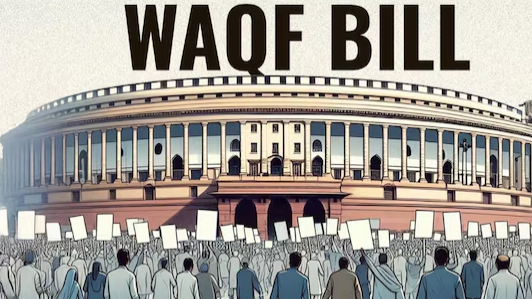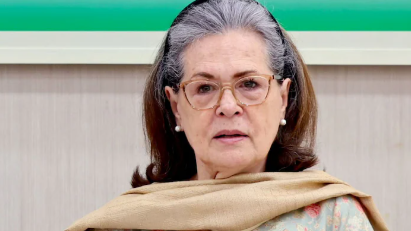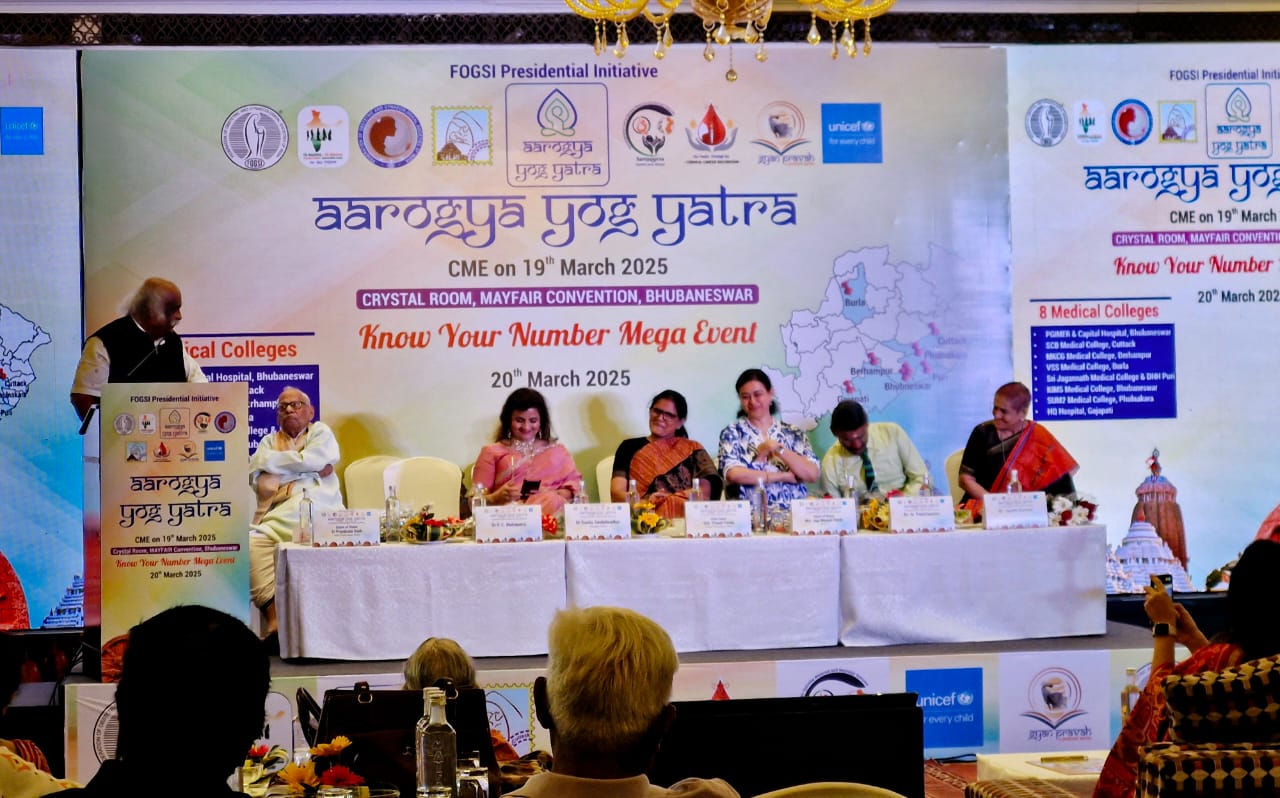Bhubaneswar: The Waqf immovable properties in Odisha have been on rise over the years. The immovable properties governed by the Odisha Waqf Board were up by over 59 percent.
As per the data available with WAMSI (Waqfs Asset Management System of India), the number of immovable properties under the State Waqf Board has been estimated at 10,314 as on 2024.
Earlier records, however, show the count of immoveable properties under the Odisha SWB in the year 2019 was at 6,482. This show in the last 5-years, the immovable properties under Odisha State Waqf Board (OSWB) were up by a whopping 59%.
Moreover, OSWB owns around 26 movable properties, which includes cash, jeweleries and vehicles .
The data available also shows that over 17 immovable properties under OSWB have been facing external litigation in civil courts. This shows there is dispute over Waqf acquired properties over the ownership of land.
HOW WAQF ACQUIRES PROPERTIES?
Waqf means permanent dedication of property by a person for the purpose of maintaining mosques, graveyards, establishing educational institutes, healthcare facilities or providing financial aid to poor and disabled.
In India, waqf is created by the following.
- Declaration of property through oral or written deed
- Long-term use of a land for religious or charitable purposes
- Endowment upon the end of line of succession
WHERE CONTROVERSIES GRIP WAQF LAND?
A look at the above ways shows that the claims over a land can be made by Waqfs following long-term use of a land for religious or charitable purposes.
In such a scenario, many public lands have been declared as waqf properties.
Similarly, under the Waqf law, an immovable property can be taken over by Waqf, post the end of line of succession.
Since there is no provision of rights of women on ancestral property in Islam, if a household have no male members to claim as successor of the property, the property falls under the provision of ‘Endowment upon the end of line of succession’.
The two provisions under Waqf Boards have led to disputes over land leading to litigations in the court.
WHAT THE WAQF AMENDMENT BILL PROPOSES?
In order to address the grey areas that led to litigation and disputes, the Modi govt’s Waqf Amendment Bill 2024 had brought in the following changes.
- The Bill states that only a person practicing Islam for at least five years may declare a waqf.
- It clarifies that the person must own the property being declared.
- It removes waqf by user.
- It also specifies that waqf-alal-aulad (Endowment upon end of line of succession) must not disinherit heirs, including female heirs.







